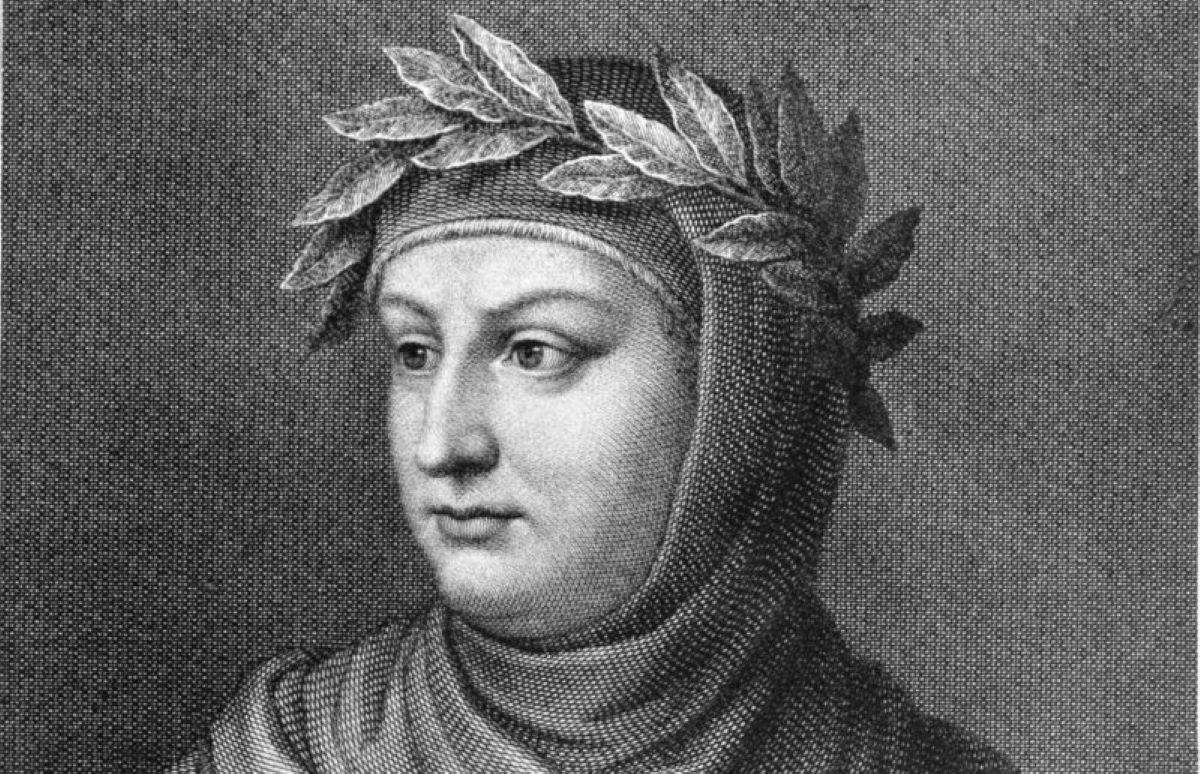Giovanni Boccaccio was a significant 14th-century writer and humanist, known for his work The Decameron, which provides insight into life during the Black Death in Europe. He chose to write in the Tuscan dialect, which later became the basis for the standard Italian language. His work had a major influence on the development of art and literature in Europe, and he is considered one of the three great Italian writers alongside Dante and Petrarch.
Political Perspectives:
Left: Left-leaning sources emphasize Boccaccio’s role as a humanist and his contribution to literature as a reflection of social realities during the Black Death, highlighting his progressive choice to write in the vernacular Tuscan dialect, which democratized literature and culture.
Center: Center-leaning sources focus on Boccaccio’s historical and cultural significance, noting his influence on the Italian language and literature, and his role in shaping European humanism without strong ideological framing.
Right: Right-leaning sources highlight Boccaccio’s contribution to Italian national identity through the standardization of the Tuscan dialect, framing his work as foundational to Italian cultural heritage and pride.


















